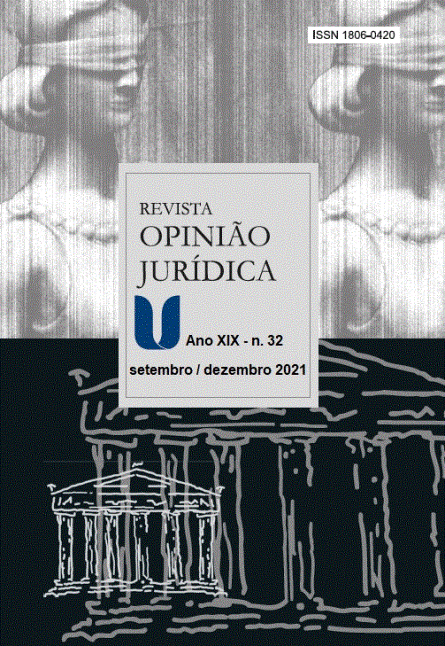THE “WOMAN QUESTION” IN CRIMINAL SCIENCES: CONTRIBUTIONS OF A FEMINIST METHODOLOGY TO THE FIELD OF LAW
DOI:
https://doi.org/10.12662/2447-6641oj.v19i32.p316-339.2021Keywords:
Criminal Science, Feminist epistemologies, Feminist legal methodAbstract
Objective: This paper discusses the possibilities and challenges of applying a feminist method in criminal sciences. In dialogue with feminist epistemologies, especially mobilizing the notion of positioned knowledge, we propose an exercise of strangeness of the representation of criminal subjects in academic texts.
Contextualization: The discussions of this article are the result of a documentary research experience centered on the representations of women who commit the crime of illegal drug trade, having as source of analysis scientific articles published in an important journal in the area. To highlight the gender marks in these texts we use the feminist legal method developed by the American author Katharine Bartlett in the text Feminist Legal Methods (1990).
Methodology: This article is the result of theoretical, political and especially epistemological reflections that emerged in the methodological design of this research. In this sense, we use, in this article, a review of national and international literature, especially feminist productions on methods and policies of knowledge production in law.
Results and contributions: With this work we seek to contribute to the development of research in the interface of gender and law that allow thinking not only of other paths, but also other questions to the field of Criminal Sciences.
Published
How to Cite
Issue
Section
License
Copyright and Licensing
The authors retain the copyright of their papers and grant the Revista Opinião Jurídica the right of first publication. Revista Opinião Jurídica uses a Creative Commons license. The works published are under a Creative Commons Attribution-NonCommercial-ShareAlike 4.0 International License (CC-BY-NC-SA).
This license enables reusers to distribute, remix, adapt, and build upon the material in any medium or format for noncommercial purposes only, and only so long as attribution is given to the creator. If you remix, adapt, or build upon the material, you must license the modified material under identical terms. CC BY-NC-SA includes the following elements:
BY: credit must be given to the creator.
NC: Only noncommercial uses of the work are permitted.
SA: Adaptations must be shared under the same terms.
RESPONSIBILITY FOR THE CONTENT
By submitting an article, the author(s) declare to have sole responsibility for the content of the piece and is(are), therefore, responsible for any judicial or extrajudicial measures referring to it.
1. In case of joint authorship, all authors are considered collectively responsible, except when proved otherwise.



















